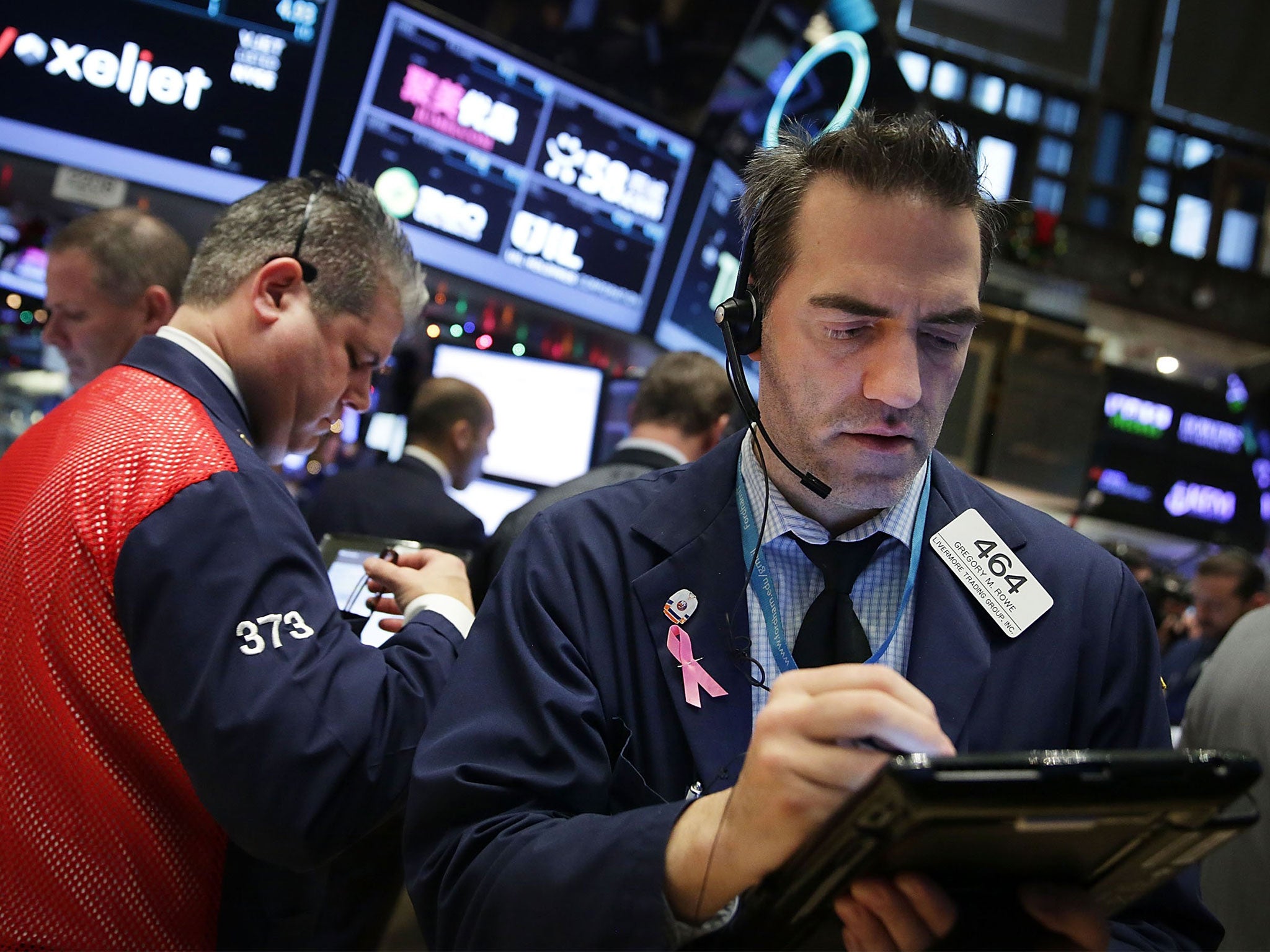Five signals to watch this week which can tell us where the world economy is heading – starting with interest rates
The market reactions to the increase in rates (assuming it happens) and the Inflation Report will tell us what the rest of the world thinks about UK prospects as the Brexit debate heats up


It is going to be a busy week. In the UK, the focus will be on the Bank of England, and there is an odds-on chance that the Monetary Policy Committee will increase interest rates by 0.25 per cent on Thursday. Important? Well, yes in the sense that this will be the first increase in rates for a decade, but no in the sense that all this is doing is reversing the cut made in August last year.
Not increasing rates would be a better story than increasing them, for it would signal wider concerns about the economy next year. Either way, watch the Bank’s Inflation Report, also on Thursday, which will provide updated forecasts for the economy, inflation, employment and so on.
The background here is that the Budget is now just over three weeks away, so this will be the Bank’s best call on what is happening to the economy ahead of the Budget. During the past year it has been somewhat more optimistic than most other forecasters about what is happening. Is that still so? Or has the uneven data of recent weeks damped down its expectations?
The market reactions to the increase in rates (assuming it happens) and the Inflation Report will tell us what the rest of the world thinks about UK prospects as the Brexit debate heats up.

Looking forward, there will also be the monthly purchasing manager indices for the various bits of the economy, published Wednesday through Friday. The one to watch here will be the UK services PMIs, which account for nearly 80 per cent of the economy, and therefore give us an early indication of growth prospects for the final quarter of the year. Expect them to signal reasonable but unexciting growth.
Away from the UK the focus will be on the US, where we will learn more about two issues. Who is to head the Fed? And what is the detail of the tax plan?
We are so close to a decision on the first that there is no point in puzzling further about it until we have the name. I suppose the issue here is about the pace to which the US returns to normal interest rates. The latest information on the economy has been positive (good GDP figures last week) and the betting now is for the next rise in rates to come in December. As for the second, gosh, let’s wait till what emerges from the tortuous US political process. The President proposes; Congress disposes. We will know more about what is going on in Congress this week.
Of the rest of the world, there will be news from Europe of continuing declines in unemployment, albeit still very high in much of the Eurozone, and further digestion of the European Central Bank’s decision last week to reduce its policy of QE very slowly. The ECB has decided to err on the side of caution. That was welcomed last week by the markets. Will, on reflection, that still seem the right decision?
And I am interested in China. Again, the thing here is the way financial markets digest the affirmation of General Secretary Xi Jinping as its most powerful leader since Chairman Mao. Does greater central control lead to slower growth? Or does a strong leader have more room for reform? It is hard from a distance to have a feeling for this, but watch for informed comment.
The indicator that I am most interested to see, however, is something different: the oil price. It is now the strongest for two years. The world economy is experiencing a synchronised boom. That ought to put pressure on energy supplies, and the oil price was in past cycles a good proxy for this. So will it continue to reflect booming demand? Or has the structure of the energy market changed so much that it no longer matters so much? If the oil price carries on rising, that will jack up inflation everywhere – and hasten the consequential rise in interest rates. If not, it won’t.
That is the biggest question of all: how long will this expansion carry on, before some sort of downturn? No one knows, of course – which is why any signals, however faint, are worth watching.
Join our commenting forum
Join thought-provoking conversations, follow other Independent readers and see their replies
Comments
Bookmark popover
Removed from bookmarks